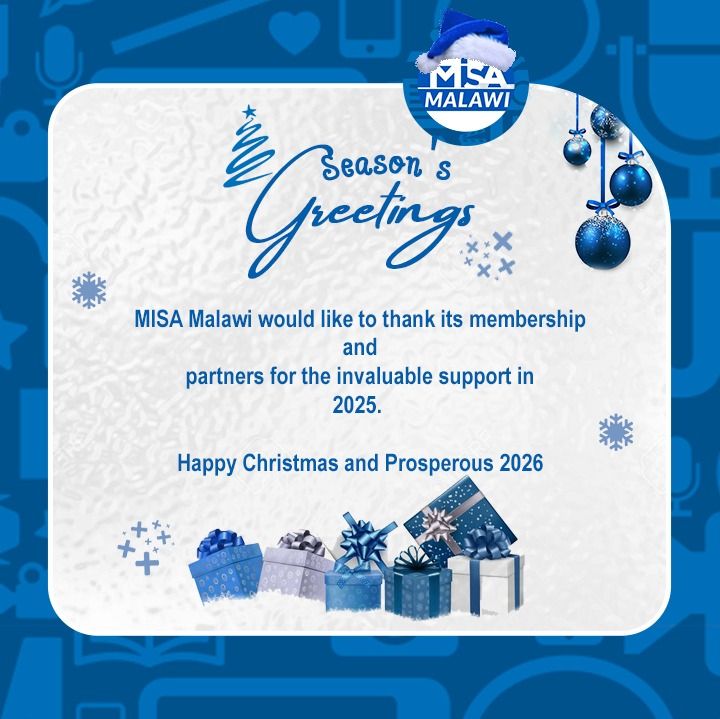MISA Malawi has noted with concern that Malawians are failing to fully benefit from the Access to Information (ATI) Law, two years after its operationalization.
As we join the rest of the world in commemorating the International Day for the Universal Access to Information (IDUAI), we note the continued existence of structural and political barriers to the full realization of the right to information.
Since the Minister of Information operationalized the ATI Act on September 30, 2020, the government has failed to provide enough resources to the Malawi Human Rights Commission (MHRC) to enable it perform its oversight role as provided for in the Act.
The development has resulted in lack of capacity to understand the law in the government Ministries, Departments and Agencies (MDAs) and relevant private entities.
We believe the effective implementation of the ATI Law lies in the government’s willingness to provide financial resources, MDAs’ capacity and willingness to provide information and citizens’ capacity to claim their right to information and demand transparency, accountability and better services.
However, the culture of secrecy continues to reign in most MDAs, some appointed information officers are not aware of their obligations under the law and citizens are ignorant of the procedures.
MISA Malawi has also observed that some MDAs, more especially local councils, are yet to establish platforms such as websites and other online platforms for proactive disclosure of some information they are holding.
Compounding the access to information challenges, the Malawi Communications Regulatory Authority (MACRA) has been revoking licenses of some radio and television stations, the only reliable and accessible sources of relevant information for most Malawians. The media’s role in facilitating the constitutionally enshrined freedom to access information cannot be overemphasized.
While MISA Malawi understands that MACRA is acting within the law, we have been calling on the regulatory body to go for a win-win situation for the sake of right to access information and freedom of expression.
Our call
We call for more funding to MHRC to enable it popularize the ATI Act, conduct thorough capacity building initiatives for information officers and relevant bodies, hire enough human resources, conduct systematic monitoring and produce comprehensive annual reports on the implementation of the Law.
MISA Malawi also calls on MDAs to quickly embrace the digital culture in the provision of information by establishing platforms for proactive disclosure of information they are holding.
We also reiterate our call for MACRA suspend license revocations for radio and television stations and address the concerns that have been raised.
Access to information is not only a right but a tool that empowers citizens to demand transparency and accountability. It is the right that enables people to make proper personal and societal decisions.
We believe mindset change, as highlighted in the country’s development agenda, Malawi2063, cannot be achieved if people are not accessing relevant information from public bodies and relevant private bodies.
Media contacts
MISA Malawi Chairperson Teresa Ndanga
Cell: +265 999 247 911 or email teresa.temweka@gmail.com
MISA Malawi National Director Aubrey Chikungwa
Cell: +265 999 327 311 or email info@misamalawi.org









